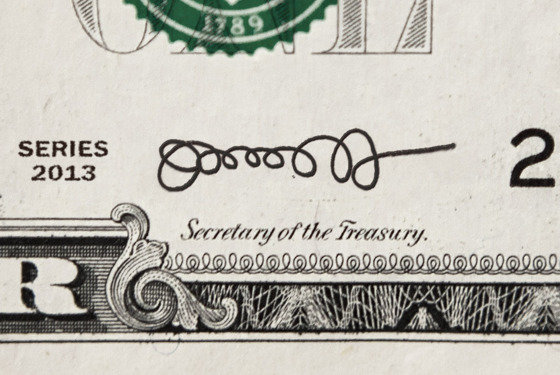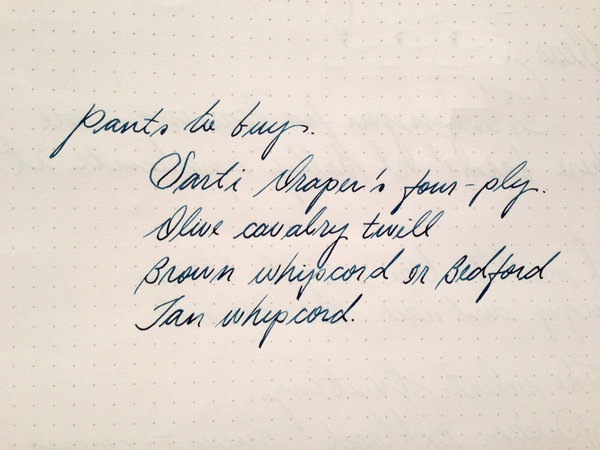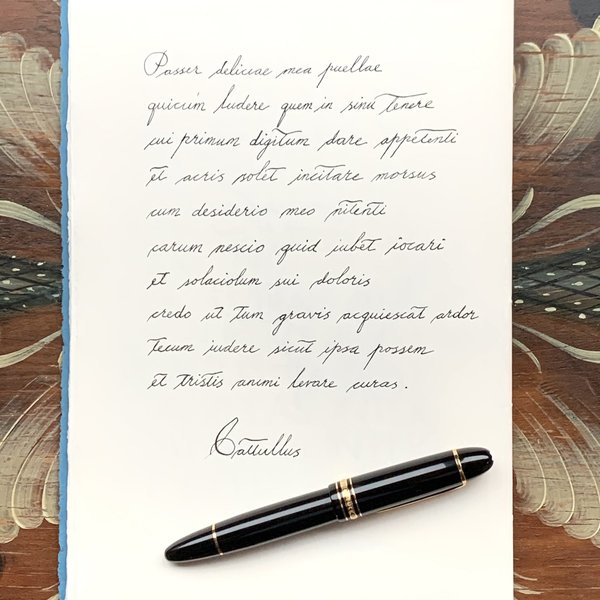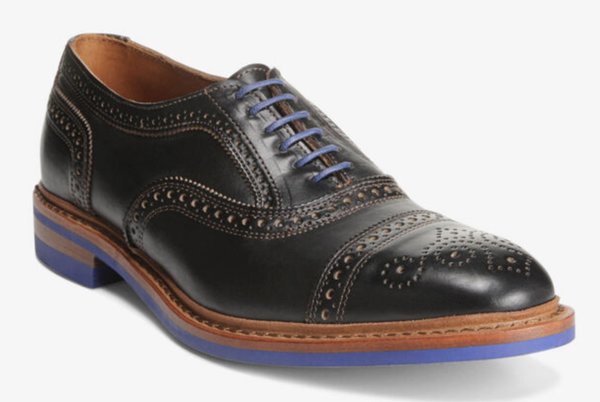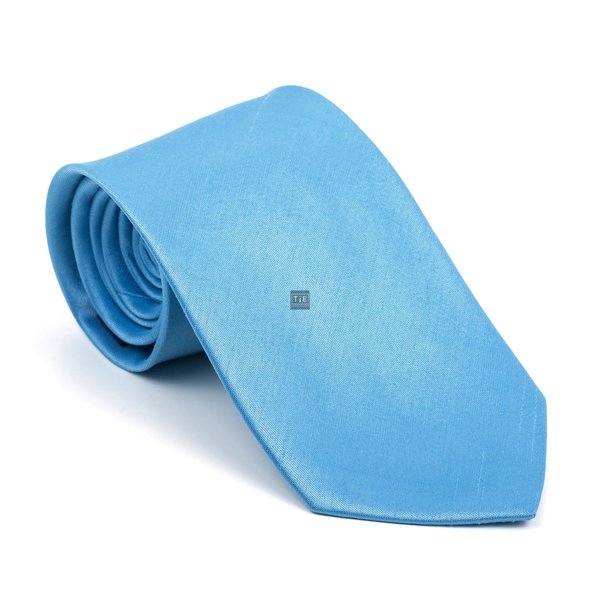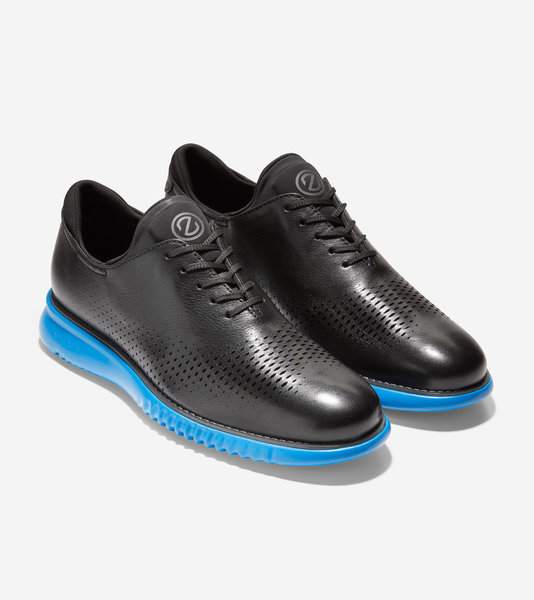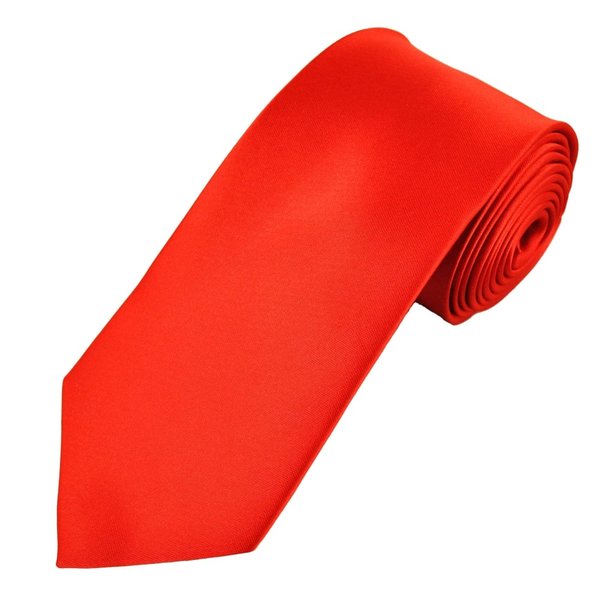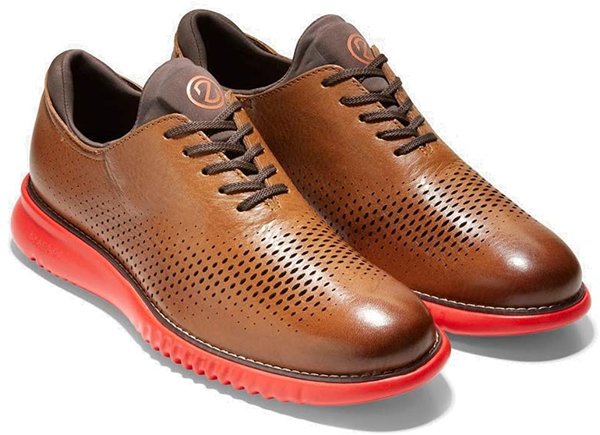rjc149
Senior Member
- Joined
- May 8, 2016
- Messages
- 869
- Reaction score
- 651
I work in a traditionally formal financial services industry in NYC. On my day of hire, my manager explicitly told me I was to wear a suit and tie at all times.Aren't those East Coast holdouts also giving up on the coat and tie?
I don't know if I can reveal people's names, as maybe they want to be anonymous. But we know of at least one, Foo, who has said that he no longer wears a coat and tie to work. I know of two other members on this board who work in finance in NYC. Both tell me that they've also given upon the coat (not even the coat and tie, but no longer wear a tailored jacket). They say it looks out of place at work.
One of them wears his Rubi jackets just on the train, and then slips into a Patagonia vest when he's actually in the office.
My manager hasn't been seen wearing a necktie in well over a year. Now, in the summer, I leave the jacket and tie at home. Riding the subway in July is simply unbearable with a suit and carrying the jacket folded over my arm, like in the old days, is just a pain **********.
I also got sauce from a chicken parm hero on a Canali tie. That was it for ties, unless I'm meeting a client.

